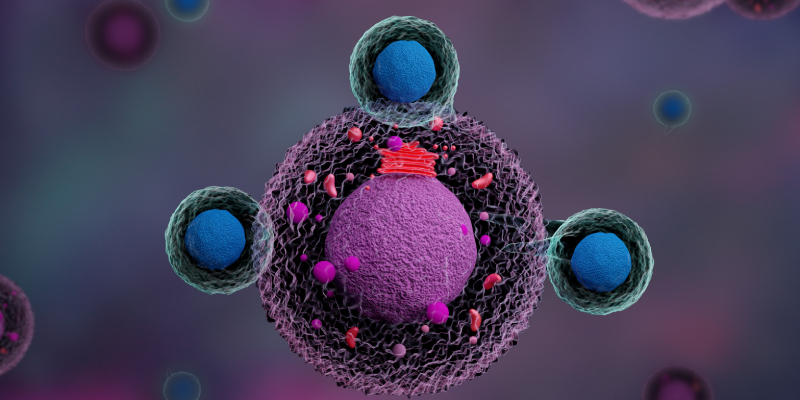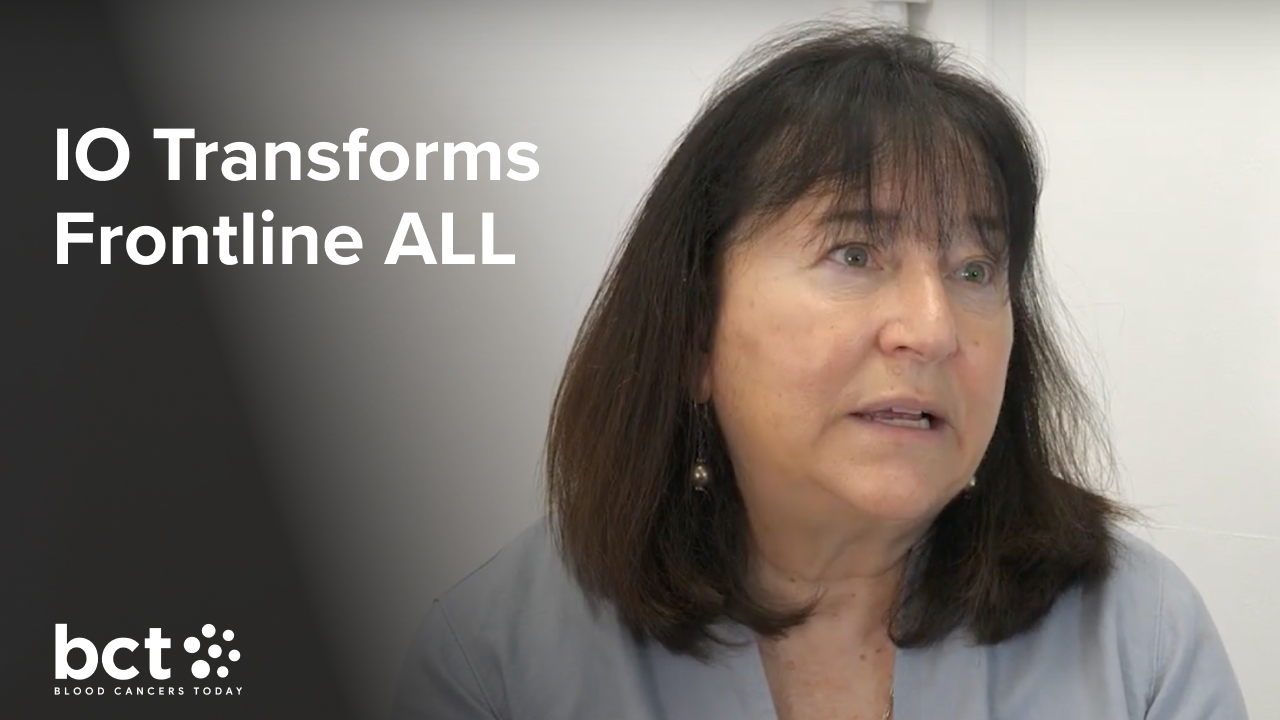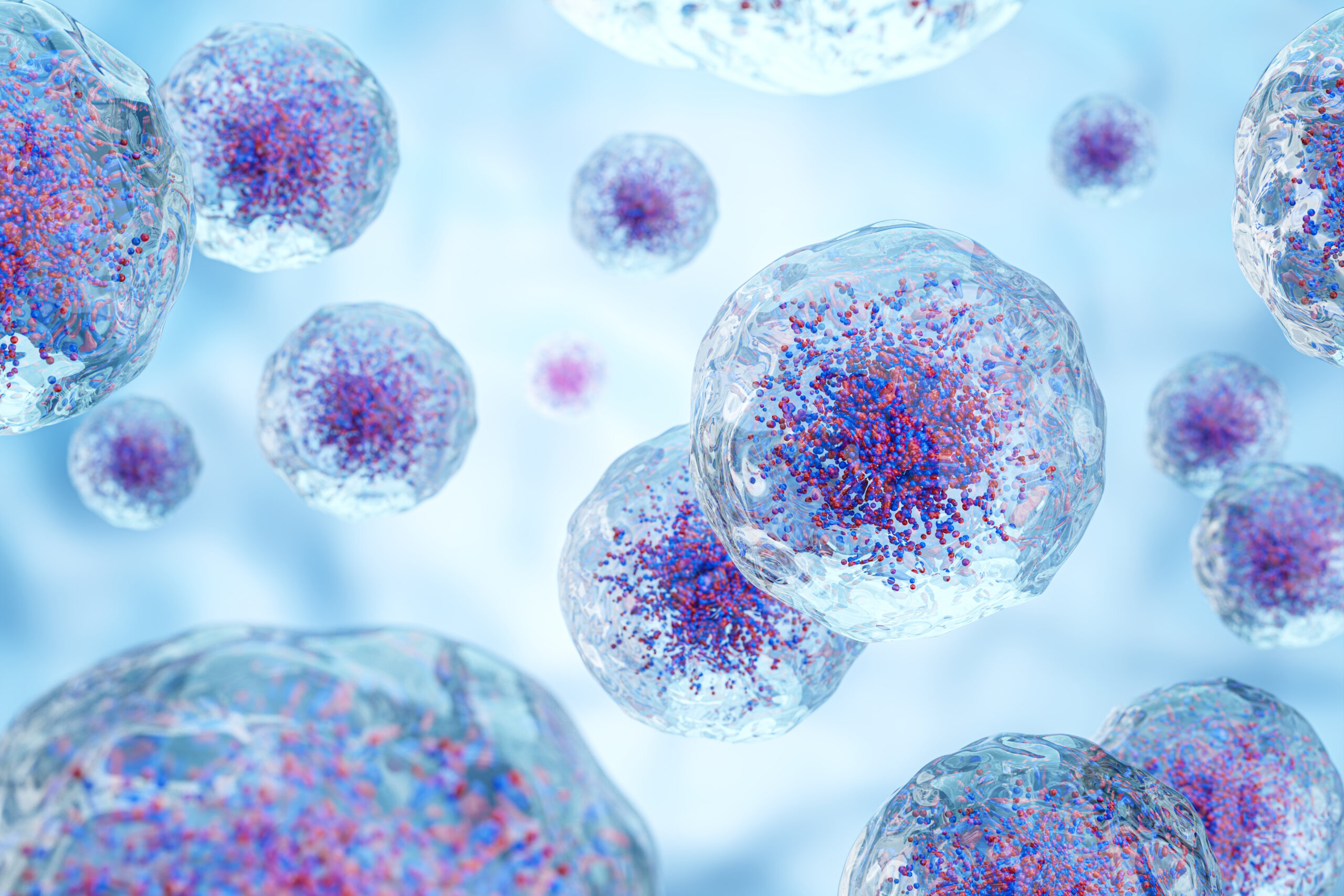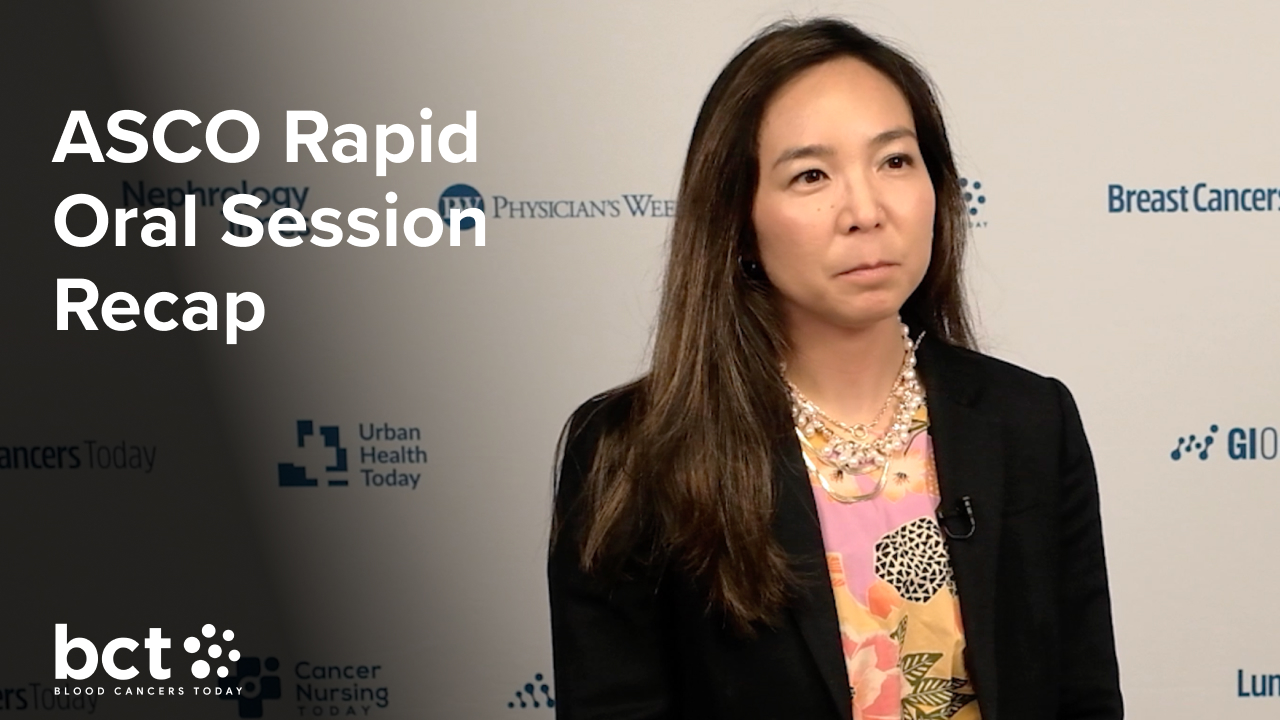
A second infusion of a CD19-targeted chimeric antigen receptor (CAR) T-cell therapy with prior rituximab plus fludarabine and cyclophosphamide-based lymphodepletion led to “long-term remissions in a small subset of patients” with relapsed/refractory B-cell acute lymphoblastic leukemia (ALL), according to results from a phase I trial.
Valentín Ortiz-Maldonado, MD, PhD, of the Hospital Clínic de Barcelona in Spain, and colleagues conducted the study and presented their findings during The European Society for Blood and Marrow Transplantation-European Hematology Association Fifth European CAR-T cell Meeting.
They conducted the research because patients with relapsed/refractory B-cell ALL tend to have a poor prognosis, particularly after allogeneic hematopoietic stem cell transplantation (HSCT).
“Similar prognosis is seen in relapse after CD19-targeted CAR-T therapy,” Dr. Ortiz-Maldonado and colleagues wrote. “In this setting, few studies have analyzed the safety and efficacy of second [CD19-targeted CAR-T] infusions, with most studies reporting almost complete absence of efficacy. “
The “suboptimal outcomes” of patients who receive second infusions of CD19-targeted CAR-T therapy “have been reported to be associated with absence of CAR-T expansion/persistence and/or B-cell aplasia, as well as the development of human anti-mouse antibodies,” Dr. Ortiz-Maldonado and colleagues wrote, noting that “these outcomes might point towards a reduced engraftment driven failure, with a possible role for an immune-mediated rejection.”
The study included 12 adults with relapsed/refractory B-cell ALL who relapsed after receiving ARI-0001 CD19 directed CAR-T cells and received a second infusion of ARI-0001 at a single center between July 2017 and April 2022. The study included patients who were treated in the CART19-BE-01 trial and the consecutive compassionate use program. The median patient age at first infusion was 33.5 years, while the median age at second infusion was 34 years. Most patients (67%) were female.
At first infusion, patients had a median of four prior lines of treatment, including inotuzumab in 67% of patients and allogeneic HSCT in 92%. The median bone marrow blast count prior to lymphodepletion was 3% in the first infusion, and 2% for the second infusion.
All patients received lymphodepletion with fludarabine 90 mg/m2 and cyclophosphamide 900 mg/m2, with all second infusions except one also including rituximab 375 mg/m2 six days before the infusion.
Patients received a median of 1 × 106 ARI-0001 cells/kg during the first infusion, and a median of 1 × 106 ARI-0001 cells/kg during the second infusion.
All patients had a complete response after the first ARI-0001 infusion, while 67% had a complete response after the second infusion. The median progression-free survival (PFS) was 11.6 months after the first infusion and was 5.2 months after the second infusion. The median duration of B-cell aplasia was 2.3 months after the first infusion and three months after the second infusion.
Of the eight patients with complete responses after the second infusion, half remained in remission, with one patient remaining in remission at month 27 after the second infusion, and the other three patients remaining in remission at month 25, month 13, and month eight after the second infusion, respectively. In two of the patients with a continuing remission, the second remission is lasting longer than the first remission without further treatment, according to Dr. Ortiz-Maldonado and colleagues.
Cytokine release syndrome of any grade occurred in 58% of patients during the first infusion, and in 42% of patients during the second infusion. No severe cytokine release syndrome occurred, nor did immune effector cell-associated neurotoxicity syndrome, or procedure-related mortality events.
“Second ARI-0001 [CD-19 directed CAR-T] infusions with prior rituximab plus [fludarabine and cyclophosphamide]-based lymphodepletion showed a safety profile that remains in line with other [CD-19 directed CAR-T] products in [patients with relapsed or refractory] ALL,” Dr. Ortiz-Maldonado and colleagues concluded. “This modified second procedure was able to achieve long-term remissions in a small subset of patients.”
Reference
Ortiz-Maldonado V, Martinez-Cibrian N, Español-Rego M, et al. Rituximab + CFM/FLU based lymphodepletion followed by second CART19 cell infusions in adult patients with relapsed / refractory b-cell acute lymphoblastic leukemia. Presented at The European Society for Blood and Marrow Transplantation-European Hematology Association Fifth European CAR-T cell Meeting; February 9-11, 2023; Rotterdam, Netherlands.





 © 2025 Mashup Media, LLC, a Formedics Property. All Rights Reserved.
© 2025 Mashup Media, LLC, a Formedics Property. All Rights Reserved.